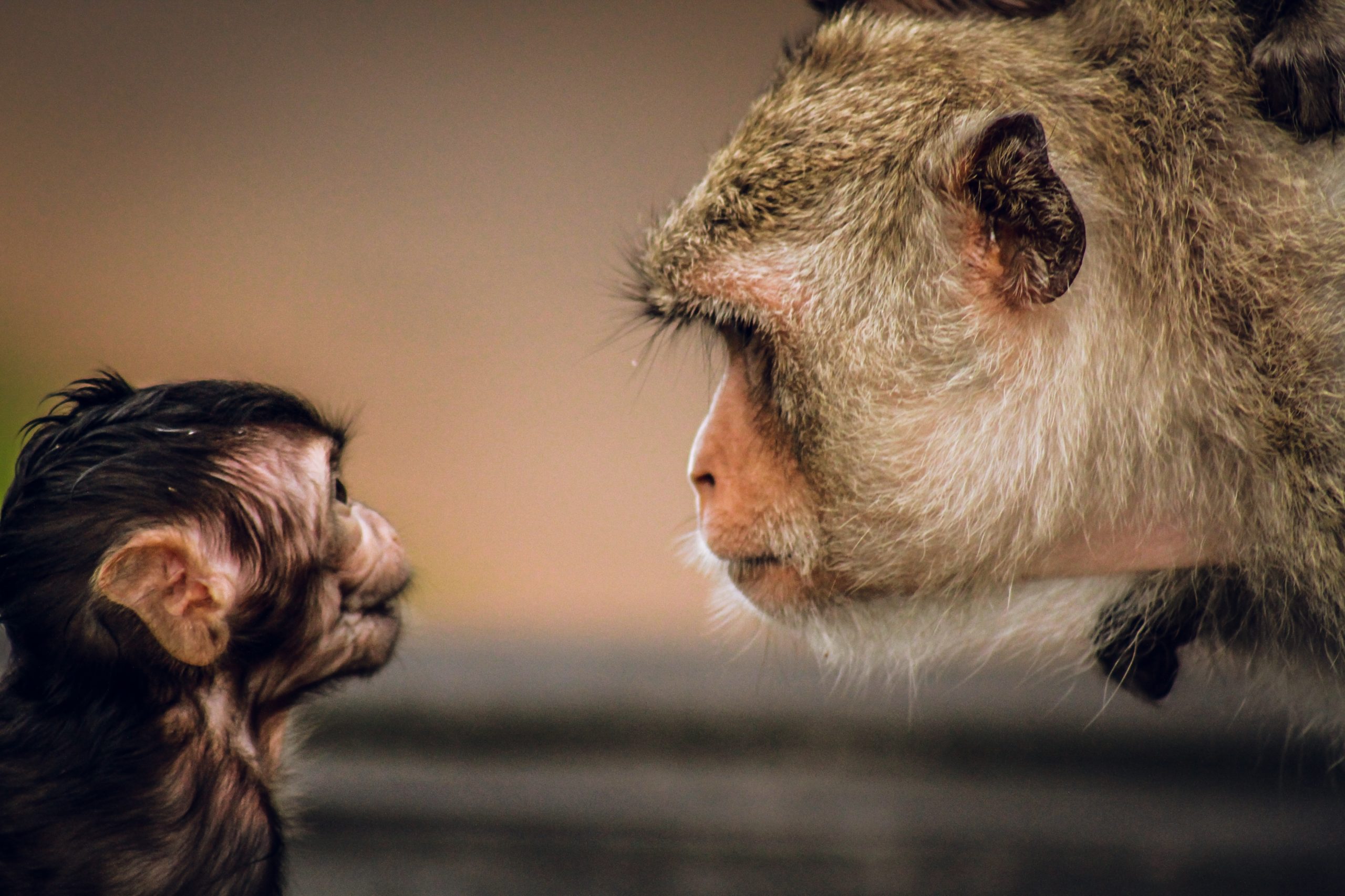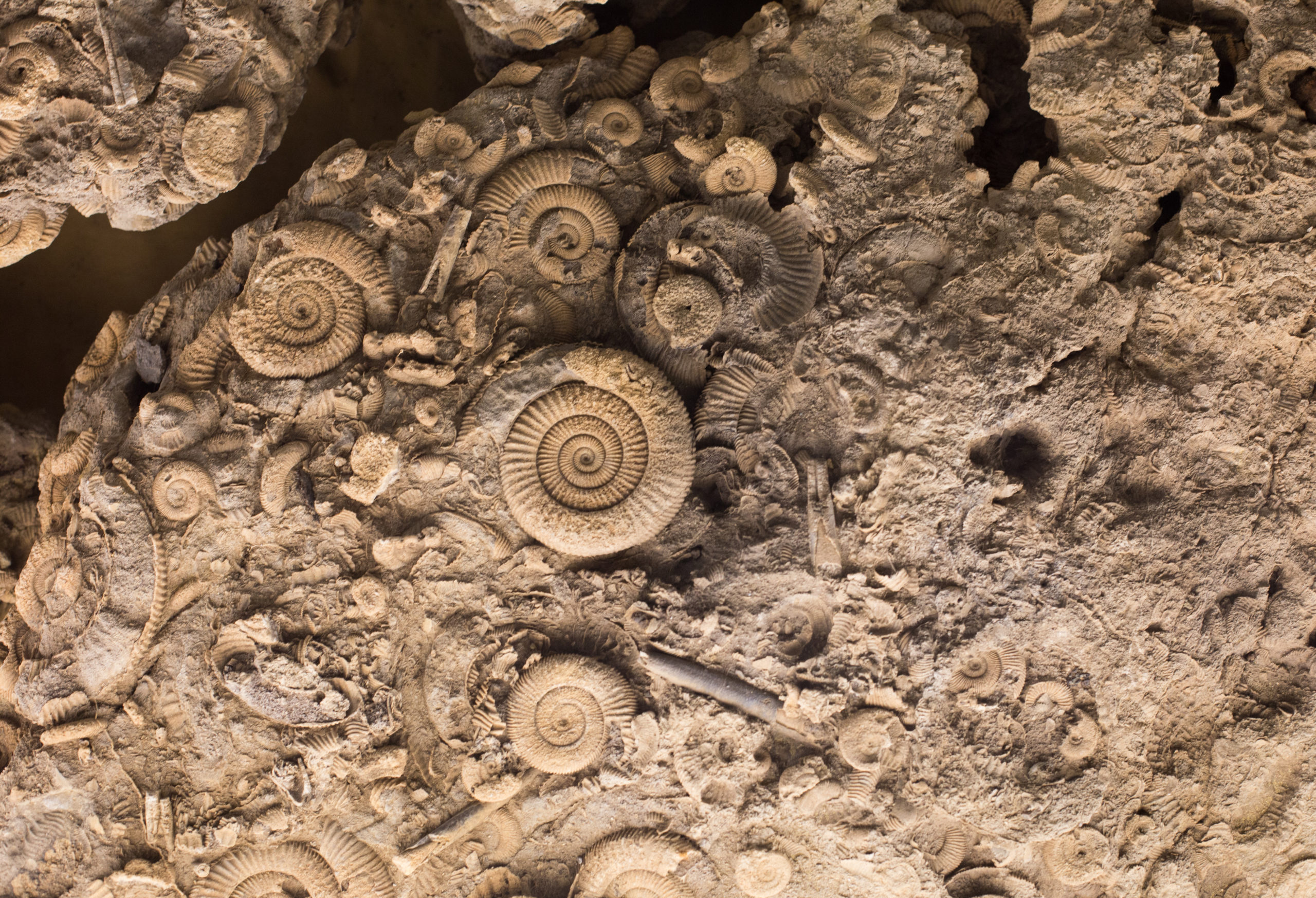Both Charles Darwin himself and contemporary neo-Darwinists such as Francisco Ayala, Richard Dawkins, and Richard Lewontin acknowledge that biological organisms appear to have been designed by an intelligence. Yet classical Darwinists and contemporary Darwinists alike have argued that what Francisco Ayala calls the “obvious design” of living things is only apparent. As Ayala, a former president of the American Association for the Advancement of Science, has explained: “The functional design of organisms and their features would therefore seem to argue for the existence of a designer. It was Darwin’s greatest accomplishment to show that the directive organization of living beings can be explained as the result of a natural process, natural selection, without any need to resort to a Creator or other external agent.”
According to Darwin and his contemporary followers, the mechanism of natural selection acting on random variation is sufficient to explain the origin of those features of life that once seemed to require explanation by reference to an intelligent or purposeful designer. Thus, according to Darwinists, the design hypothesis now represents an unnecessary and un-parsimonious explanation for the complexity and apparent design of living organisms. On these as well as methodological grounds contemporary biologists have generally excluded the design hypothesis from consideration as an explanation for the origin of biological form.
Read More ›




